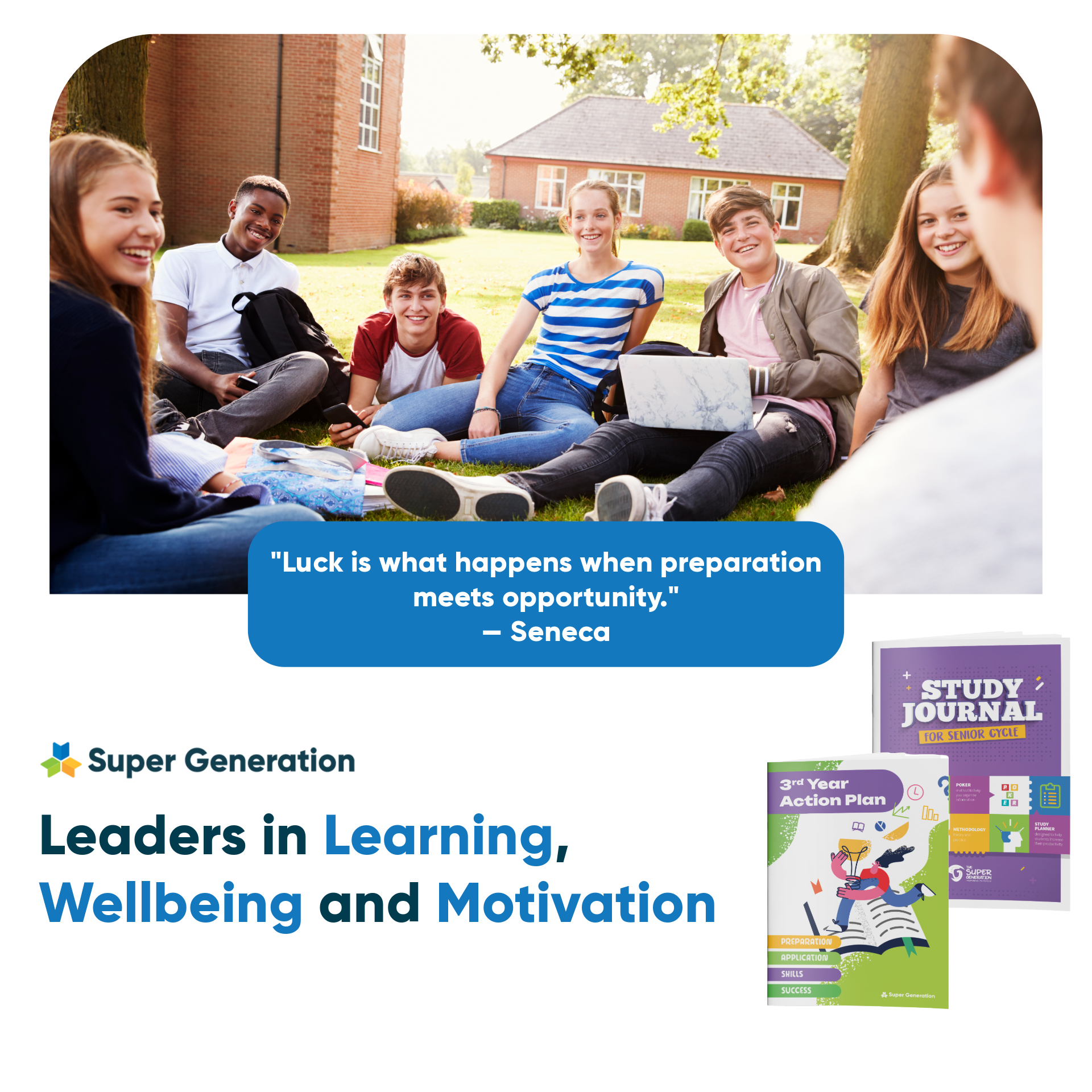You've all made it through another set of mocks. While they can disrupt the routine, mocks are incredibly valuable for students—they set the standard and give them a clear picture of where they stand and what needs improvement.
After the mocks, your students should have a better idea of where they are and what they need to focus on moving forward. However, this knowledge can be both motivating and demotivating, especially if the mock experience wasn't as positive as they'd hoped.
For some, the results may have taken the wind out of their sails. For others, you might see a sudden shift—they’re moving so quickly you can’t keep up. But this could be a sign that they’re at risk of burning out. If burnout sets in before the exams, it can negatively impact their well-being, concentration, and retention, ultimately affecting their results as they're forced to stop.
It’s crucial to support the students who are struggling, giving them the boost they need to stay on track. But it’s just as important to check in on the students who seem to be doing well—are they managing their time efficiently? Are they taking care of themselves?
Additionally, we must ensure that all students are staying organized and studying efficiently.
Remember: Studying is not an innate skill.
No one is born knowing how to study effectively—it’s a skill that requires time and practice, just like any other.
The next step is to check in with your students. How are they feeling about the June exams? Do they have a realistic, balanced study plan, or are they overwhelmed? Ask how they’re managing their energy—are they getting enough rest and taking breaks to avoid burnout?
Also, quiz them on study techniques. Do they know what works for them? If not, then spend some time with the student making a plan of action, suggesting some study skills that might help.
Checking in now ensures they’re not just studying hard, but studying smart and taking care of themselves.



